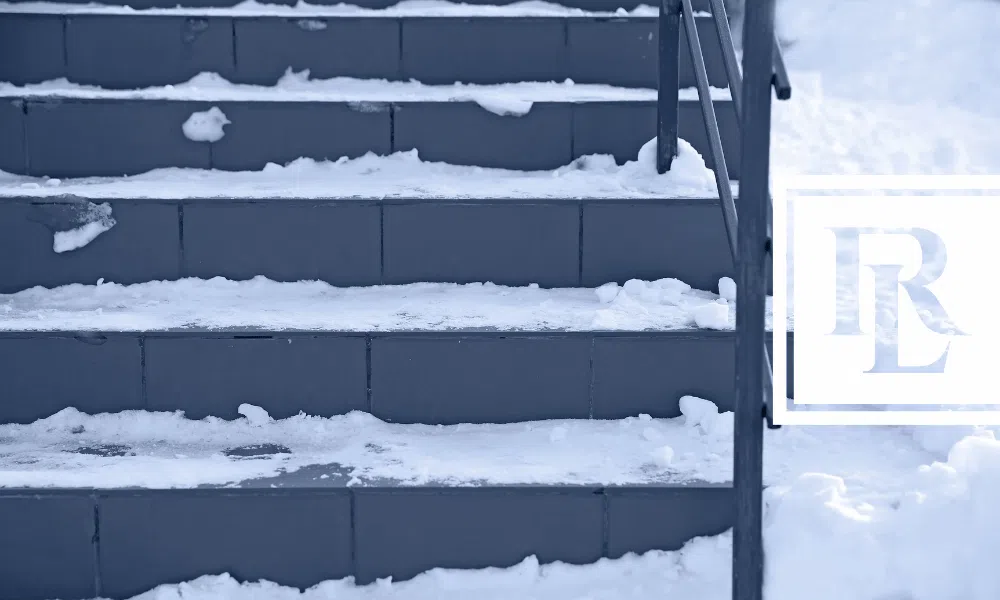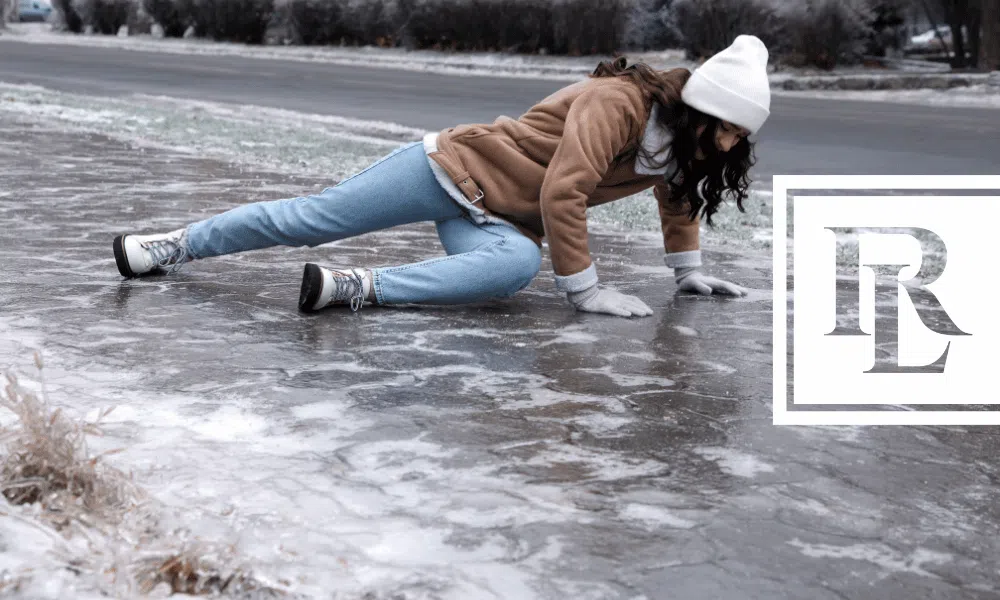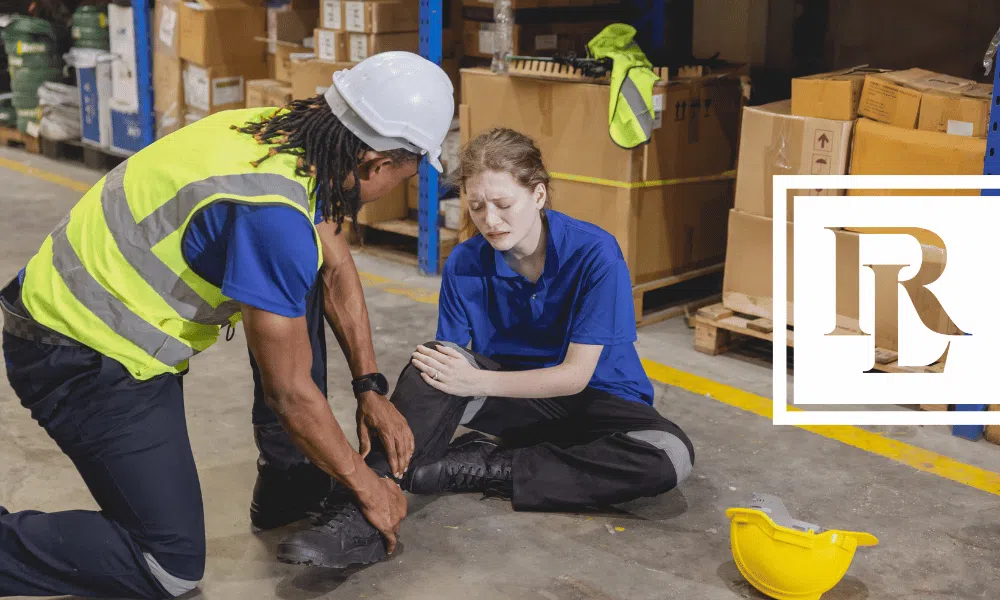Ice, snow, and slippery floors – oh my! Winter is a season full of slippery walking areas that can lead to serious injuries. When you are going about your day-to-day life, it’s important to be cautious when walking on the sidewalk, parking lot, or even inside an establishment!
What is a Slip and Fall Accident?
A slip and fall accident is exactly what you would think: when someone is injured due to a trip or slip on the ground or floor. These common incidences are even more frequent during the winter months, when snow and ice are widespread.
How Can I Avoid a Slip and Fall Accident?
Choose your shoes wisely.
Even though you may not be walking much outside, you should still be prepared with your footwear. If you have to walk through a parking lot to get inside, it is best to wear more protective shoes, like boots, and bring an extra pair if necessary. It is much wiser to be proactive than having to be reactive and learning a lesson the hard way.
Look at the area in front of you while walking.
Just as you do while driving, it’s important to both notice the ground where your feet are in addition to the space right in front of it. If you see an icy patch, you will be prepared and won’t have to trip to avoid it or slip on it and risk taking a fall.
Walk slowly.
This may seem basic but walking slowly helps your balance. Another way to keep you safe while walking outside is to walk flat footed. Stepping carefully will decrease your risk of a slip and fall incident.
Walk away from icy patches.
When you are keeping an eye on the area around your feet, you will have more time to notice an icy or snowy patch. Avoid it entirely by walking away from it instead of over it. If you lose balance and try to step down, you are more likely to slip and fall.
Report any slippery areas inside.
If there are any large ice patches in a parking lot or driveway, let the property owner know immediately. Additionally, make sure you are watching the ground in front of you when inside, as snow melts and creates a slippery surface. If you are in a public place and find a wet area, let someone know so they can dry off the floor or hallway.
Unfortunately, even if you are careful, sometimes a slip and fall accident can not be avoided. If you have sustained injuries from a slip and fall accident due to someone’s negligence, please contact Rob Levine Law for a free consultation. We will help you understand the process and explain your options.





